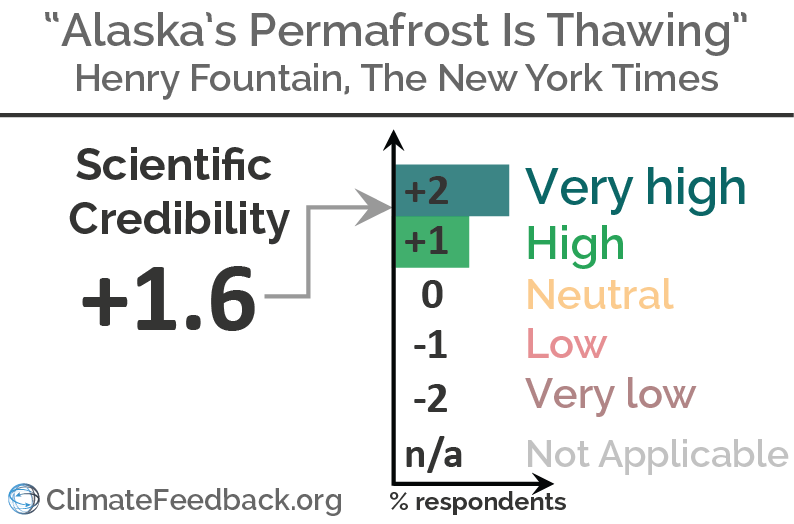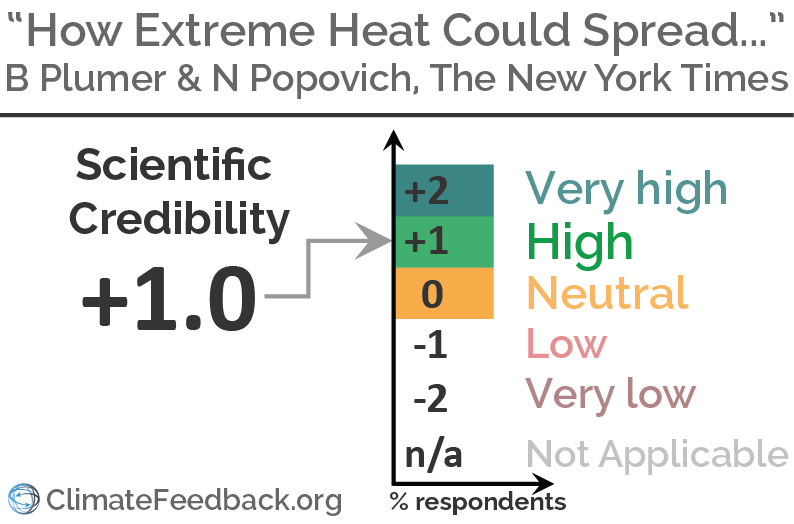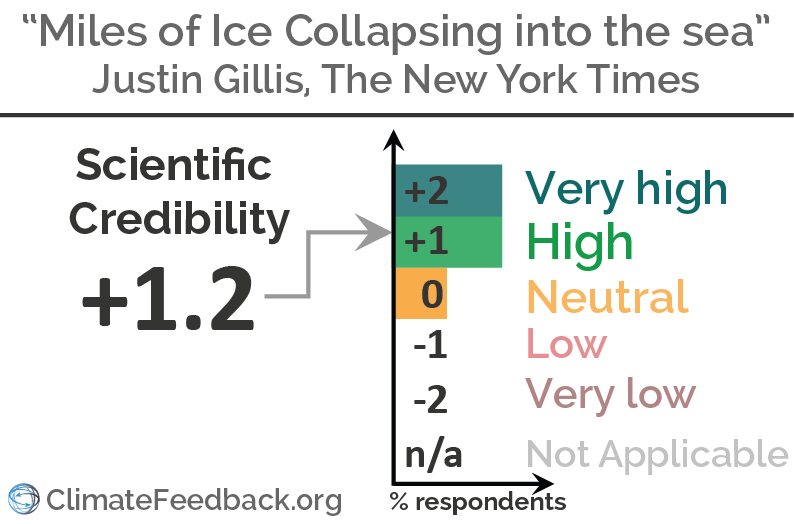Because we devote 3/5 of all class periods explicitly to in-class writing instruction and independent, guided writing time (and the other 2/5 involve our writing at least indirectly by working with other texts which we read and analyze for writing about), we aim to minimize the writing done at home.
By design, students have time at school to write, revise, consult with the teacher, critique the writing of others, and write some more. When writing is done at home, it is intended to be as overflow when more than what's available in class is needed.
There's a magical dynamic here. When student writers know they will have adequate time for writing in class, supported, scaffolded for their needs, and that what they don't get done in school must be done at home, they tend to use school time better. Writing workshops become focused, intentional, productive spaces where tons of learning and growth occur.



